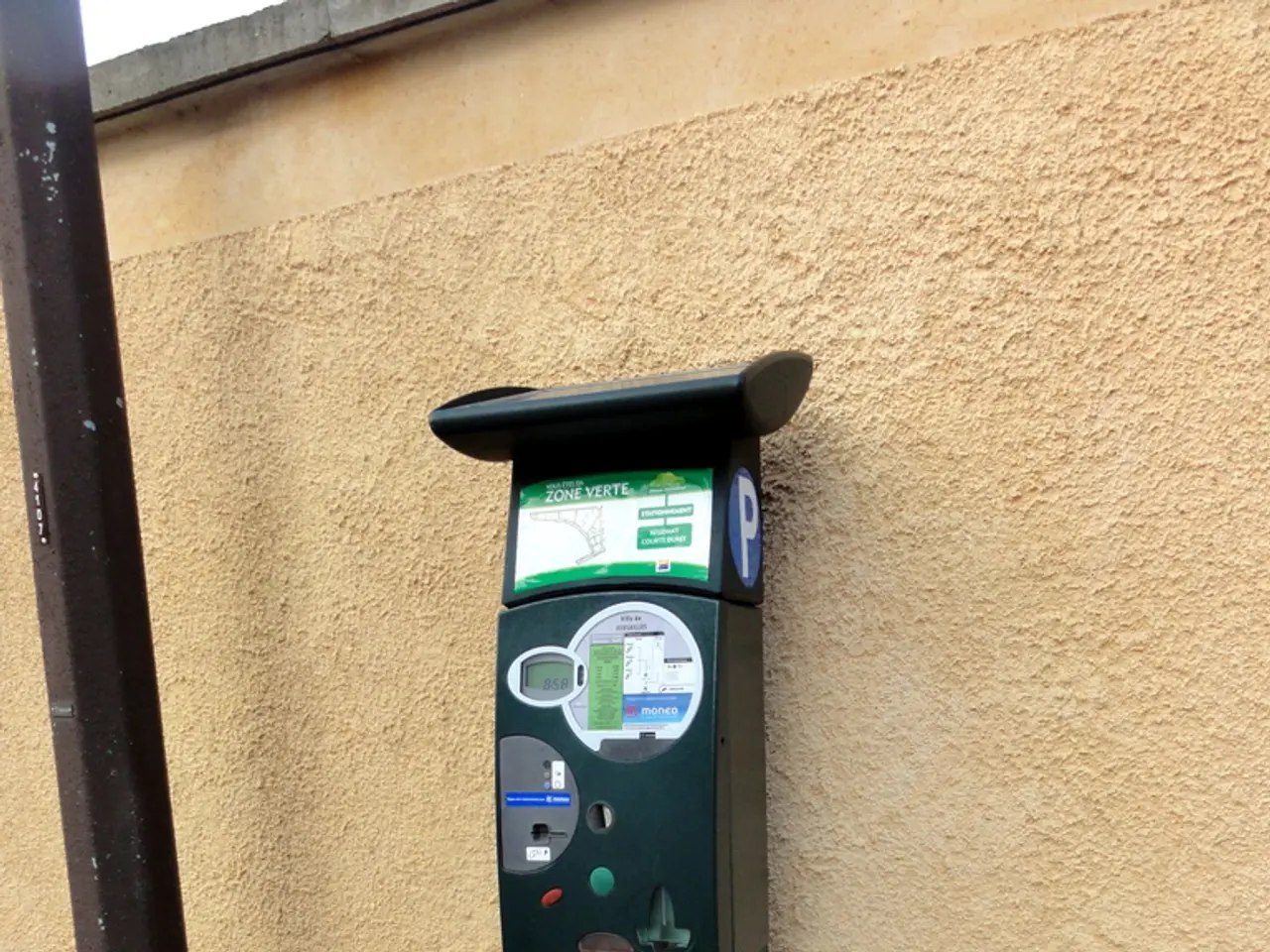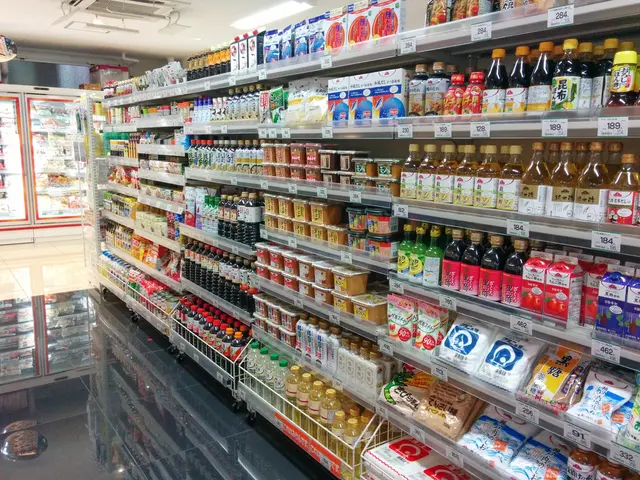Disrupted ATMs Lead to Calls for Increased Security Measures by Financial Institutions
Strengthening ATM Security in Germany: Calls for Uniform Regulations and Tougher Penalties
In the wake of a surge in ATM explosion incidents, particularly in North Rhine-Westphalia (NRW), Sonja Bongers, the Chairwoman of the SPD City Council faction and a member of the North Rhine-Westphalia State Parliament, has proposed measures to enhance security.
Bongers, along with the German Association of Criminal Police, advocates for legal regulations to hold banks accountable for ATM safety. The proximity to the Netherlands, a frequent source of perpetrators, and the high number of ATMs (11,000) in NRW, are believed to contribute to the high number of explosions in the region.
In 2022, there were 47 ATM explosions in NRW compared to 493 nationwide. In contrast, in 2021, there were 392 nationwide incidents. These costly incidents have caused around €95 million in damages in 2023 alone.
Bongers has called for banks to implement safety measures such as video surveillance, fog systems, and obtaining permission for an ATM's location, a common practice in many EU countries. She has also expressed concern about potential harm to people during these actions and has emphasized the need for action.
The current legal requirements for banks in Germany involve significant investments in advanced security measures such as robust safes, fogging systems, cash dyeing, alarm systems linked directly to police, and private security services. However, despite these investments, attacks on ATMs continue partly because penalties for perpetrators remain lenient.
To address this issue, there are proposals for two main approaches:
- Standardized security regulations for all ATMs nationwide to ensure a minimum and uniform level of protection against attacks, making explosive attacks less profitable and attractive.
- Stricter policy and law enforcement measures aimed at preventing criminals from easily entering Germany with explosives and escaping without punishment.
These changes are intended to reduce the frequency and damage of explosive ATM attacks by making attacks less rewarding and increasing the risks for criminals.
While the banking sector and policymakers seem aligned on the need for both enhanced technical standards and harsher legal consequences, no changes in specific laws for ATM security have yet been detailed publicly. The focus remains on physical and criminal law enhancements rather than on IT or anti-money laundering laws concerning ATMs.
Recently, an ATM explosion occurred at the Volksbank Rhein-Ruhr in Oberhausen-Osterfeld, underscoring the need for immediate action. Bongers' proposals, if implemented, could potentially reduce the number of such incidents and ensure a safer environment for both banks and the public.
In the realm of finance and general-news, calls for uniform regulations and tougher penalties have been proposed to bolster ATM security, particularly in North Rhine-Westphalia, following a spike in ATM explosion incidents. These proposed measures, advocated by Sonja Bongers and the German Association of Criminal Police, aim to hold banks accountable for ATM safety and make explosive attacks less lucrative, thereby reducing crime and justice-related issues in the business sector.





